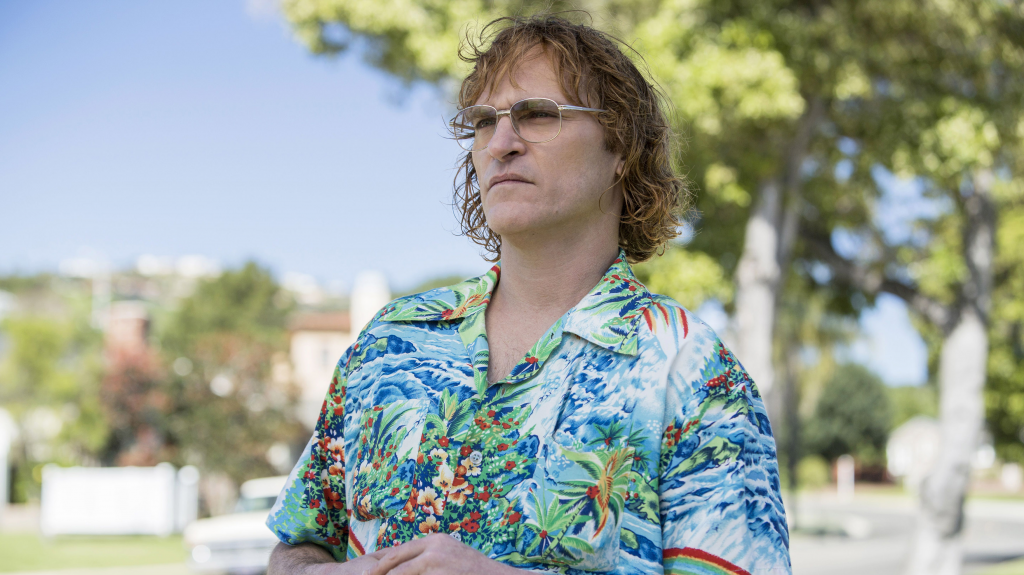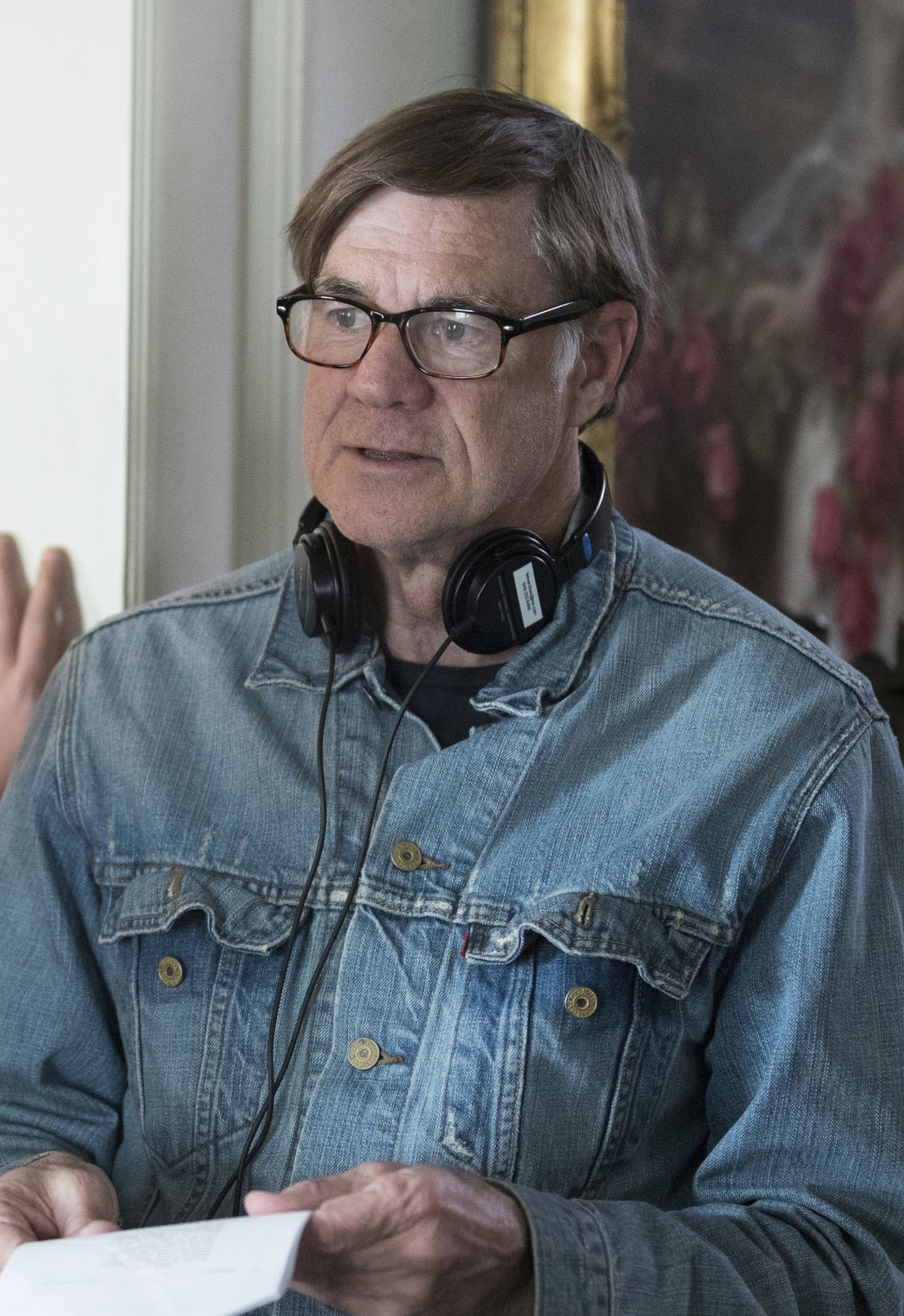Don't Worry, He Won't Get Far on Foot

John has a penchant for off-colour jokes - and a drinking problem. And so, when somebody he met at a party suggests they go on an all-night bender in L.A. he simply can’t refuse. But after falling asleep in a drunken stupor on his drinking buddy’s passenger seat, he wakes up the next morning in hospital, a quadriplegic. Confined to a wheelchair for life at the age of 21, he now requires every last drop of his sense of humour to rediscover meaning in his existence. He is aided by Annu who brings back his lust for life, as well as Donny, a hippie whose unconventional Alcoholics Anonymous meetings draw together people from all walks of life and help them see things from a whole new perspective. John discovers beauty and humour in the depths of human experience and uses his artistic talent to turn these discoveries into brilliantly observed cartoons. Gus Van Sant’s biopic is based on the memoirs of cartoonist John Callahan. This is a tender, melancholy yet hope-filled and life-affirming fictionalised portrait of a life of limitations. As in many of his films, here too Van Sant addresses the search for identity in the environs of social subcultures and unusual milieus.
details
-
Runtime
113 min -
Country
United States -
Year of Presentation
2018 -
Year of Production
2018 -
Director
Gus Van Sant -
Cast
-
Production Company
Iconoclast -
Berlinale Section
Competition -
Berlinale Category
Feature Film
pictures from the movie

Biography Gus Van Sant
Gus Van Sant was born in Louisville, Kentucky, USA, the son of a travelling salesman. During his early years his family moved constantly, but Van Sant took refuge in artistic pursuits—particularly painting and making semi-autobiographical super-8 films.
He entered the art school at the Rhode Island School of Design in 1970, and it was here that Van Sant came to experience the alternative cinema of such avant-garde directors as Andy Warhol, which became a catalyst for his own studies in filmmaking.
After an unsuccessful period in Hollywood in the late 1970s and early 1980s, Van Sant moved to New York City, honing his skills directing commercials. During his New York period, he saved the money required to produce his first feature film, Mala Noche (1985). A success on the festival circuit, it established a number of recurring themes in Van Sant’s work and brought his name to the attention of Universal. The studio eventually turned down the ideas the openly gay Van Sant pitched, perhaps due to the controversial nature of his preferred subjects.
Returning to independent production, Van Sant made the films Universal had declined—Drugstore Cowboy (1989) and My Own Private Idaho (1991), which showcased his affinity for society’s fringe-dwellers, such as drug-dealers and gay hustlers, and featured established young actors, Matt Dillon, River Phoenix and Keanu Reeves, whose reputations no doubt helped to raise Van Sant’s profile.
His subsequent film, however, Even Cowgirls Get the Blues (1994), was a commercial and critical disappointment, and saw Van Sant return to Hollywood production for his next film, the much-lauded black comedy To Die For (1995), which earned Nicole Kidman a Golden Globe award for Best Actress in a Comedy/Musical.
Having made his reputation with small arthouse films, Van Sant was finally accepted into mainstream Hollywood with 1997’s Good Will Hunting, which earned nine Oscar nominations, winning two.
His next film project was a 1998 homage to Alfred Hitchcock’s Psycho; indeed, it was a shot-by-shot remake of the original, albeit in colour.
More recently, Van Sant has directed a trio of films about death: Gerry (2002); Elephant (2003), which won both the Best Director and Palme d’Or at Cannes that year; and Last Days (2005), which was also awarded at Cannes.
-madman.com